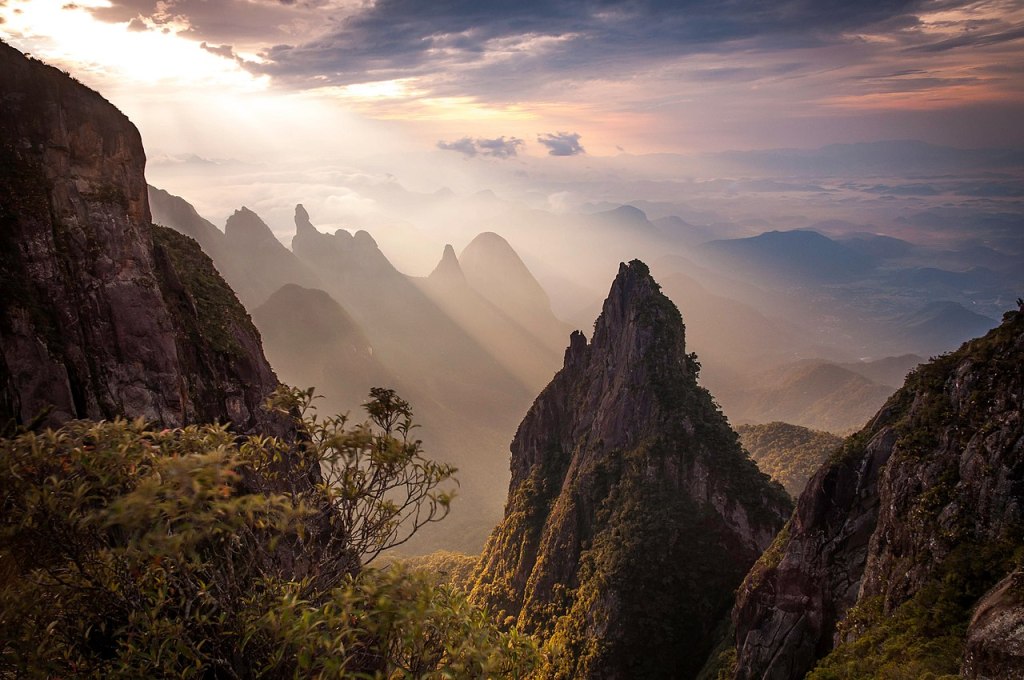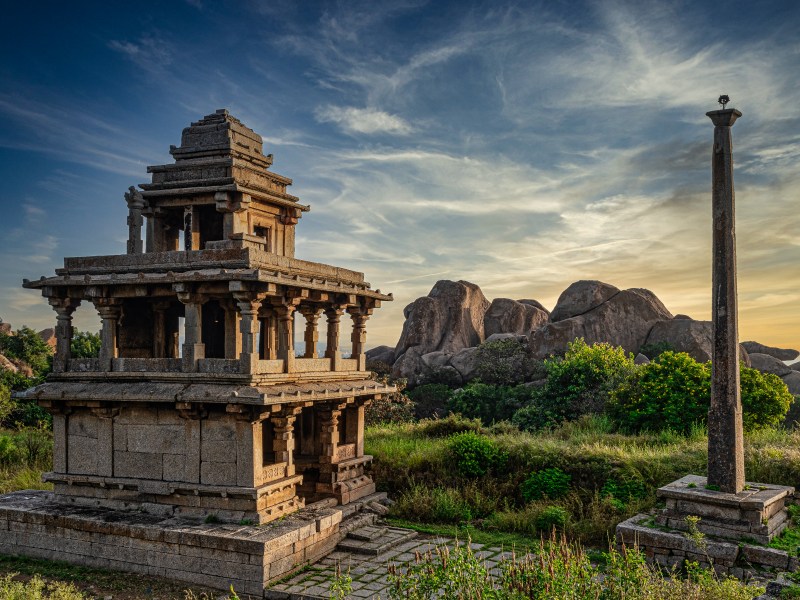The Wikimedia Foundation today started a fundraising campaign on Wikipedia in several Latin American countries, starting in Brazil and continuing in Argentina, Chile, Colombia, Mexico, Peru, and Uruguay. Until the end of May, banners will be appearing on Wikipedia in these countries, asking readers to consider contributing with a donation.
You may see these messages and wonder why we are running the campaign and how donations to Wikipedia are used.
About Wikipedia and its role during COVID-19
Wikipedia is the world’s only major website run by a nonprofit organization: the Wikimedia Foundation. Our charitable mission ensures everyone can access and share knowledge for free. Wikipedia is not a commercial website driven by profit or advertising incentives. Instead, it is supported by donations from readers like you.
Today, Wikipedia’s more than 55 million articles can be accessed in over 300 languages, for free, and without advertisements, all created by volunteers. Anyone can edit Wikipedia, and in the 20 years since its founding, millions of volunteer editors of diverse backgrounds from all over the world have contributed to its articles.
During the COVID-19 pandemic, Wikipedia saw record-breaking increases in daily traffic, with a growing community of medical professionals contributing knowledge about COVID-19 to the platform. Nearly 7,000 articles were created on Wikipedia about COVID-19 in 188 languages; they have been viewed more than 579 million times by people around the world. Wikipedia’s role in providing trusted access to information about COVID-19 in the pandemic led to a milestone collaboration with the World Health Organization in October 2020.
Celebrating 20 years of Wikipedia
Earlier this year, English Wikipedia celebrated its 20th birthday by recognizing the humans, our volunteers and supporters, who make Wikipedia possible. (Wikipedia is powered by more than 280,000 global volunteers every month!)
Next month, both the Portuguese and Spanish Wikipedias will carry on the celebration as they reach two decades of sharing free knowledge. These are exciting milestones, and we want to ensure that Wikipedia continues to thrive for another 20 years and well beyond! To do that, we invite anyone in Latin America who relies on Wikipedia to help support its future.
Wikipedia in Latin America
Wikipedia readers and contributors in Latin America are an integral part of the global Wikimedia ecosystem, and they have achieved incredible work over the last 20 years. Some highlights include:
- Sharing COVID-19 knowledge. On the Spanish and Portuguese Wikipedias, 8,200 volunteers helped create more than 400 articles related to the pandemic. The articles had been viewed nearly 39 million times, as of October 2020.
- Preserving indigenous languages. At a time when indigenous languages are at risk of becoming extinct, speakers of Aymara, Nahuatl, Quechua, and Guaraní are keeping their languages alive on Wikipedia. More languages may be added still. For example, one contributor told the BBC how they are working to create a version of Wikipedia in Kaqchikel Mayan.
- Promoting education. Last year, Bolivia was one of three selected countries to participate in “Reading Wikipedia in the Classroom,” a new pilot project from the Wikimedia Foundation that helps teachers understand and leverage Wikipedia’s educational value.
- Telling women’s stories. This year, Wikimedia volunteer groups in Argentina, Bolivia, Chile, Mexico, and Uruguay collaborated on a campaign called #MujeresConCalle to add and improve articles about women whose names are given to streets throughout the region. The initiative is helping to close Wikipedia’s gender gap and engage more Latin American contributors.
What your donations support
When readers in Latin America give back to Wikipedia, they are supporting a strong infrastructure that will help sustain it for years to come. Donations support:
Technology that keeps Wikipedia fast, secure, and reliable across the globe
Reader donations are critical to supporting Wikipedia’s global presence. To meet the needs of readers in Latin America and around the world, we operate an international technology infrastructure that rivals the world’s largest commercial websites.
Your support powers vital engineering work to protect your privacy and keep Wikipedia’s servers running. Donations also ensure people can access Wikipedia in their preferred languages. While most major websites support an average of 50–100 languages, Wikipedia supports roughly 300 and counting.
Donations reinforce volunteer efforts to keep Wikipedia neutral, accurate, and well-sourced. We work with volunteers to build tools that protect against vandalism and identify unsourced information.
Compared to other top websites with thousands of engineers, our mandate is to do a lot with a little. Around 250 people work in engineering and product development at the Wikimedia Foundation. That works out to only one employee for every four million monthly readers of Wikipedia!
Community-led projects to set knowledge free
Some of Wikipedia’s best ideas come from users around the world. The Foundation helps make those ideas a reality.
We collaborate with Wikipedia volunteers around the globe to support their ideas and help them bring more free knowledge to the world. Every year, about 10% of our budget is specifically dedicated to supporting community projects that enrich, grow, and improve knowledge on Wikipedia.
In Latin America, support has helped volunteers uplift indigenous languages, share local natural and cultural heritage, encourage Wikipedia as a tool for education, and more.
Global policies that protect and advance access to information
The Foundation’s policy and legal work ensures that all readers can access, share, and create knowledge. This work defends our volunteers from the threat of reprisal, and upholds our commitment to free expression.
We advocate for free licenses and open source software. We support copyright laws that allow people to share knowledge broadly. We fight against censorship and protect everyone’s right to speak and learn. Your support ensures everyone has equal access to Wikimedia projects.
Your loyalty and donations ensure free knowledge can thrive
Wikipedia and Wikimedia projects belong to everyone—they are built for and by you. From readers to editors, we all have a stake in preserving and telling the stories of our history, our culture, and the intriguing and notable people who have shaped our world. We recognize that not everyone has the ability or means to give. All that we ask is that you continue to seek us out as the world’s largest free knowledge resource.
For those who can support us, your donations will help continue to sustain the systems that make Wikipedia possible, and ensure the free knowledge movement can grow and thrive. We know not everyone can afford to support this work — which is exactly why Wikipedia exists. Our mission is to make sure free knowledge is available to the world, for everyone, everywhere.
We are able to make this commitment thanks to the tremendous generosity of past and present donors, and the incredible work of the global Wikimedia volunteer communities. But our work is not done. There is so much more knowledge in the world, and so many more people to reach.
To fulfill our mission to create a world in which every human being can freely share in the sum of all knowledge, we need to meet the new challenges of our time. If you value this work, please support it. Visit donate.wikimedia.org to make a contribution today. If you have additional questions, please visit our FAQ.
As Sr. Director of Online Fundraising at the Wikimedia Foundation, Pats Pena leads the strategy and execution for Wikimedia’s digital donation experience.



